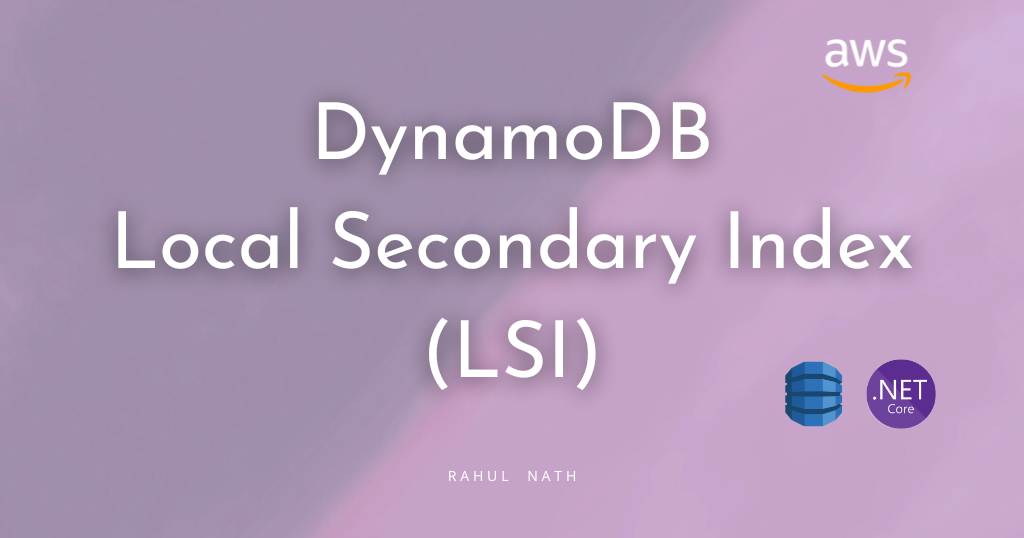
Improving Queries Using Local Secondary Index in DynamoDB with .NET Paid Members Public
Learn how to create, set up and use a Local Secondary Index (GSI) in DynamoDB for more efficient data access and optimizing cost.
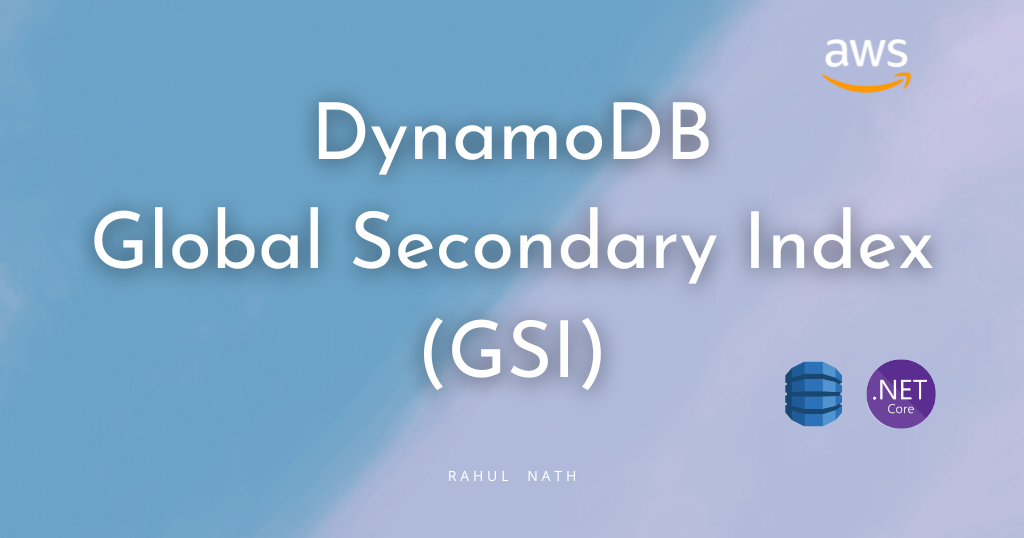
Exploring Global Secondary Index: Advanced Querying in DynamoDB From .NET Paid Members Public
Learn how to create, set up and use a Global Secondary Index (GSI) in DynamoDB for more efficient data access and optimizing cost.
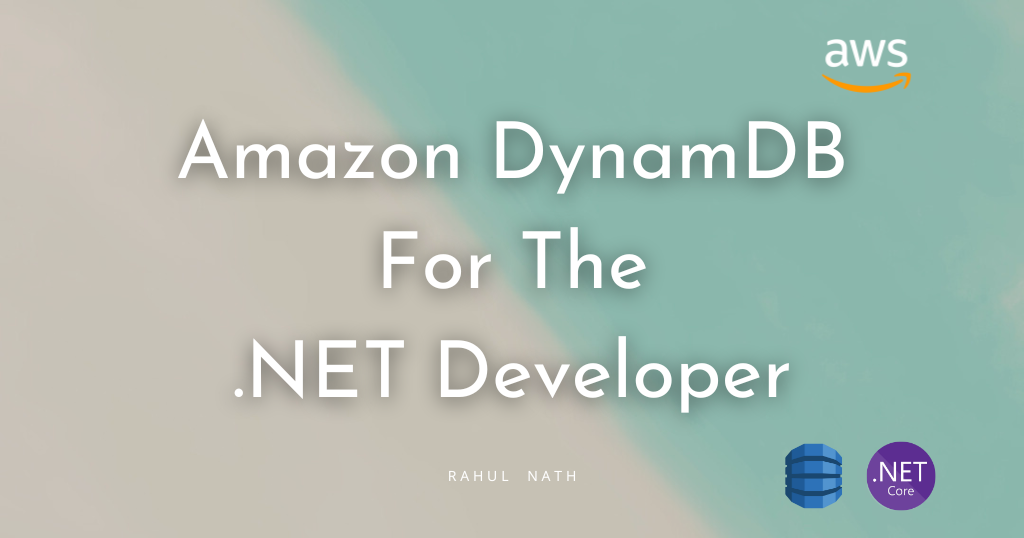
Amazon DynamoDB For The .NET Developer Paid Members Public
This blog post is a collection of other posts that covers various aspects of Amazon DynamoDB and other services you can integrate with when building serverless applications.
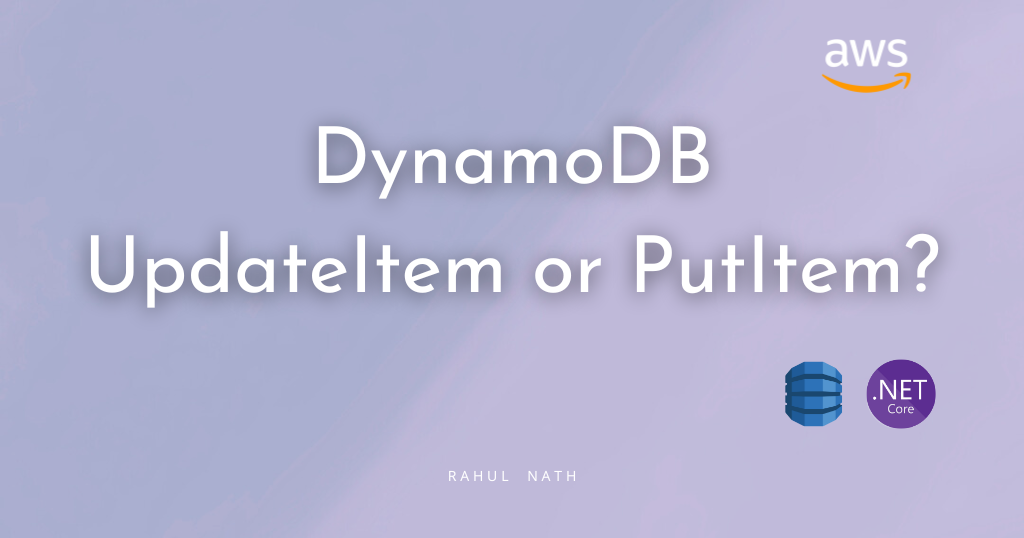
DynamoDB UpdateItem vs. PutItem in .NET - Which One Should You Use? Paid Members Public
This article is sponsored by AWS and is part of my AWS Series. DynamoDB provides two primary methods to write/modify data in a table: PutItem and UpdateItem. PutItem is used to insert new items and overwrite existing ones with the same primary key. On the other hand, UpdateItem allows
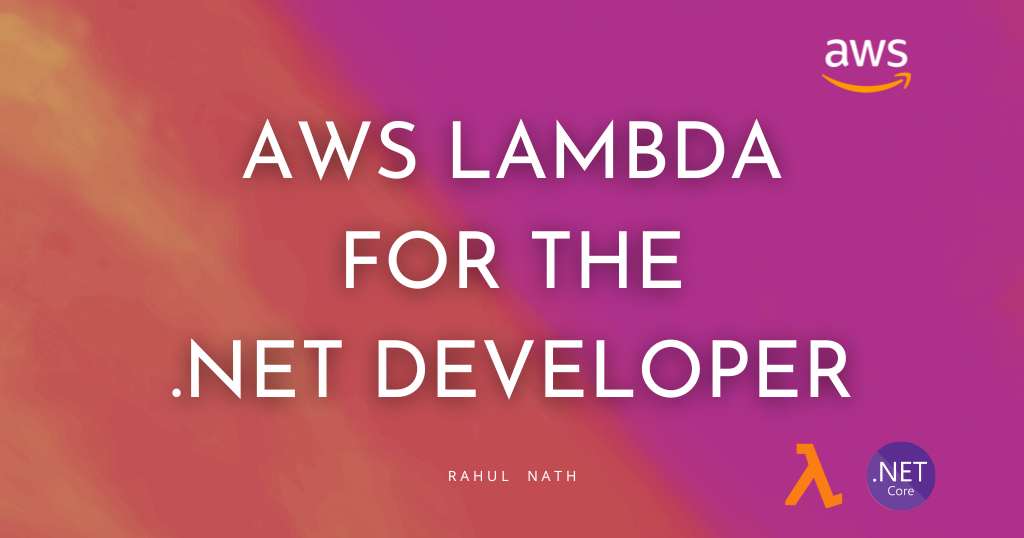
AWS Lambda For The .NET Developer Paid Members Public
This blog post is a collection of other posts that covers various aspects of AWS Lambda and other services you can integrate with when building serverless applications on Lambda.
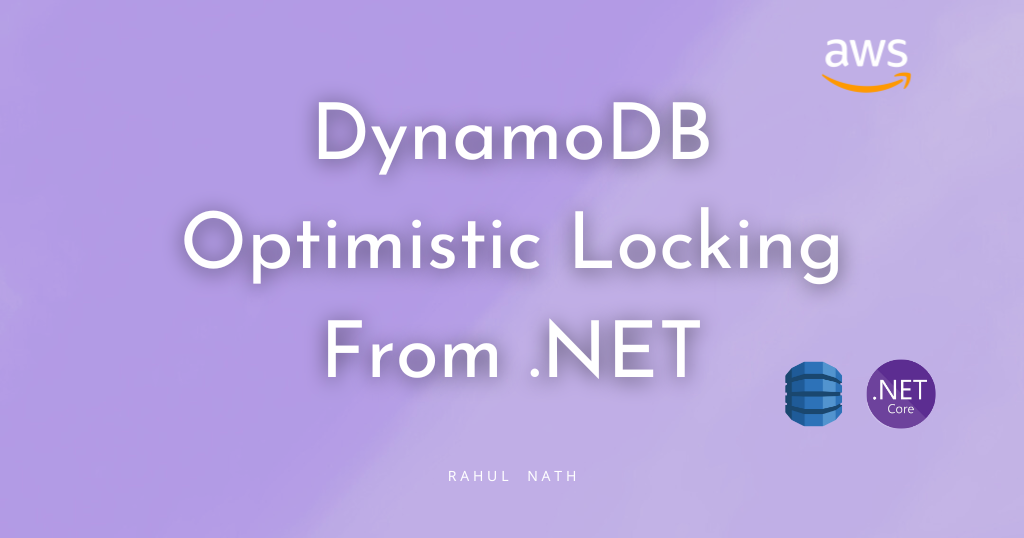
How to Implement Optimistic Locking in .NET for Amazon DynamoDB Paid Members Public
Optimistic locking is an approach that allows multiple users to access and modify the same data concurrently while preventing conflicts and maintaining consistency. When building your applications, let’s learn how to set up Optimistic Locking with objects in the DynamoDB table.
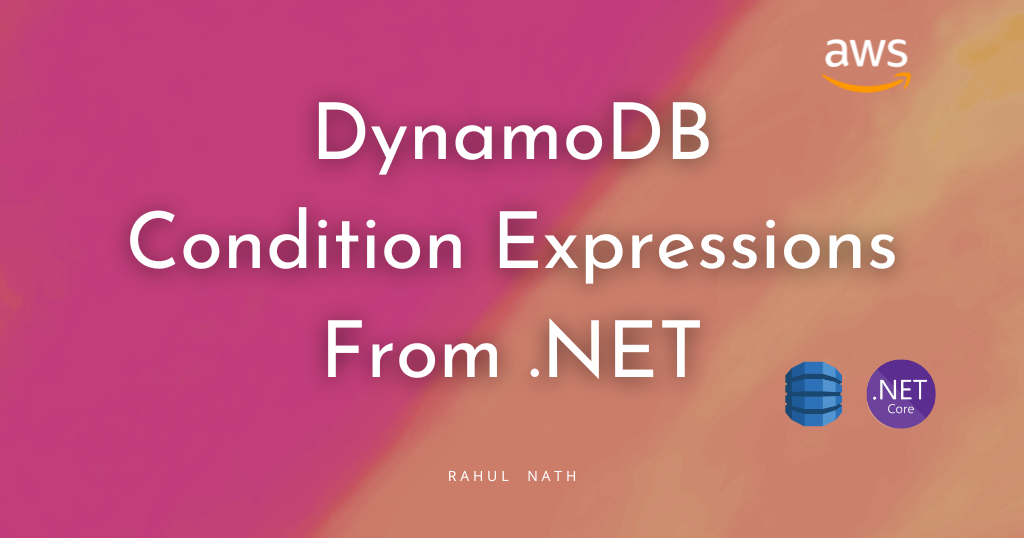
How to Ensure Data Consistency with DynamoDB Condition Expressions From .NET Applications Paid Members Public
DynamoDB Condition Expressions allow specifying constraints when writing data to an Amazon DynamoDB table. It allows you to specify a Boolean expression that must be true for the operation to proceed. Let's learn from Condition Expressions and how to use it from .NET
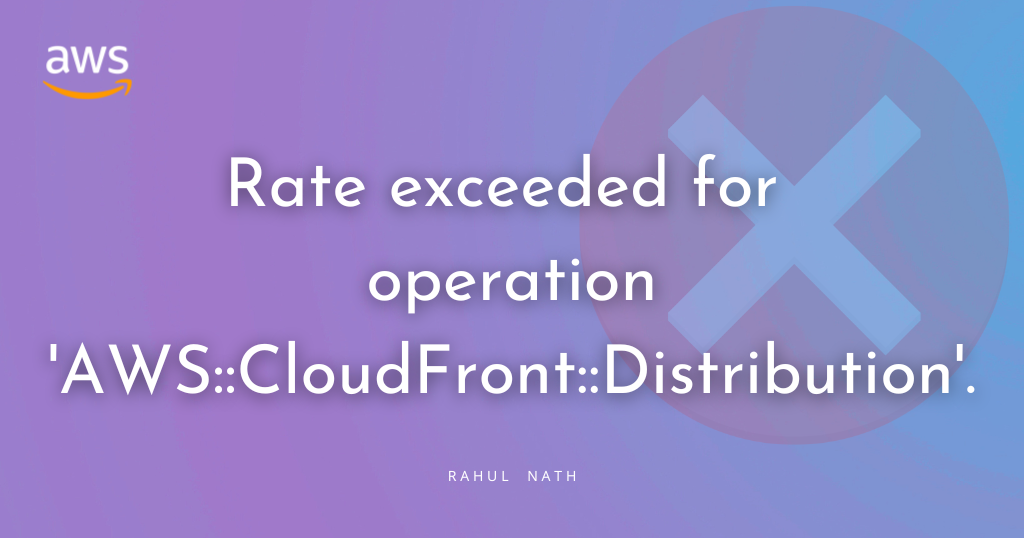
How To Solve "Rate exceeded for operation 'AWS::CloudFront::Distribution'." Error? Paid Members Public
Recently at work, I had to deploy ~80 CloudFront instances, each with its own Certificate, pointing to one S3 bucket as its source, all in one CloudFormation file. I kept running into "Rate exceeded for operation AWS::CloudFront::Distribution'.". Let's learn how to fix it.